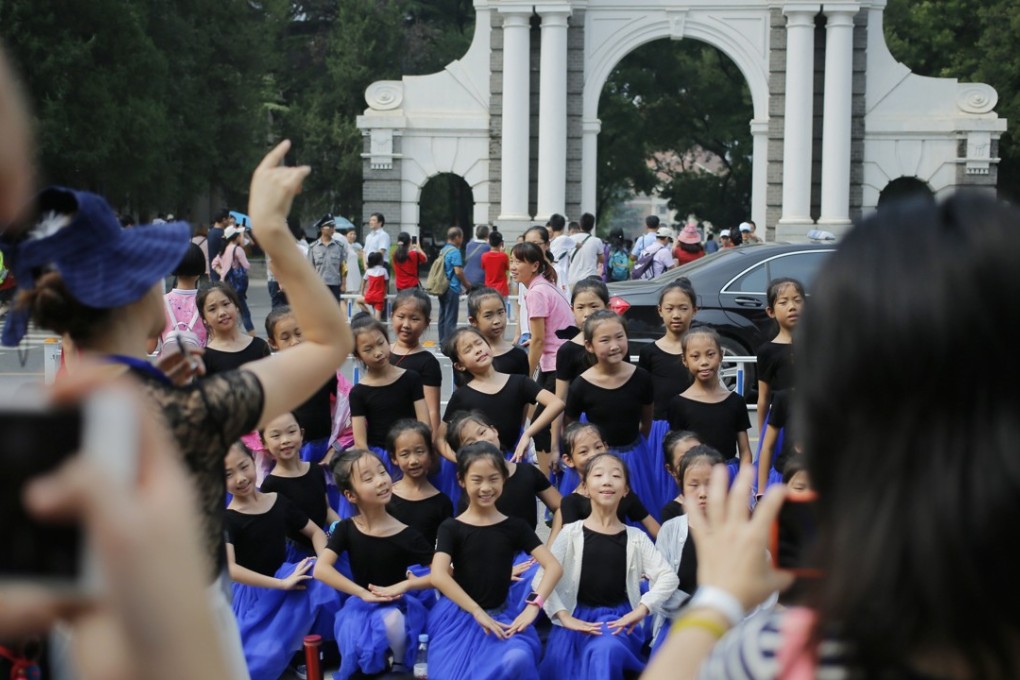Hong Kong not equipping students for the future as well as Singapore or South Korea, study says
Hong Kong youth may lose out on jobs as a result, says Economist Intelligence Unit, calling on government to do more ahead of big changes in the economy

Hong Kong students are less prepared than their peers in Singapore and South Korea for a future where technology will be king, migration will increase, and the environment will continue to worsen – and may lose out on jobs as a result, according to new research.
Hong Kong came in 14th – behind Singapore, Japan and South Korea – in an Economist Intelligence Unit (EIU) index released on Tuesday, that assessed how well education systems prepare people aged 15 to 24 for the future.
China came 31st out of 35 places ranked.
The index is the first of its scale to focus on the students’ preparation for the future.
“This is really a call to action,” said Trisha Suresh, a senior consultant at the EIU, which is the research and analysis division of The Economist Group. She noted that even the top-ranked countries – New Zealand, Canada and Finland – had a lot to improve.